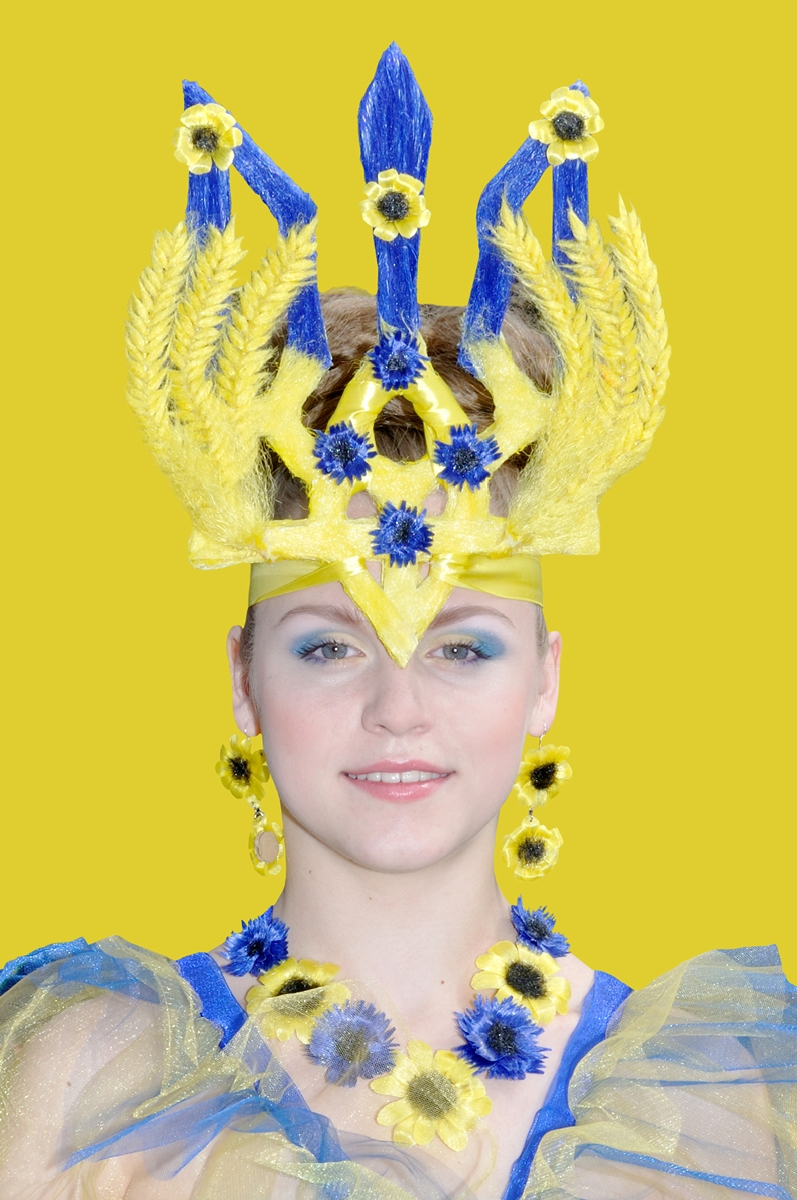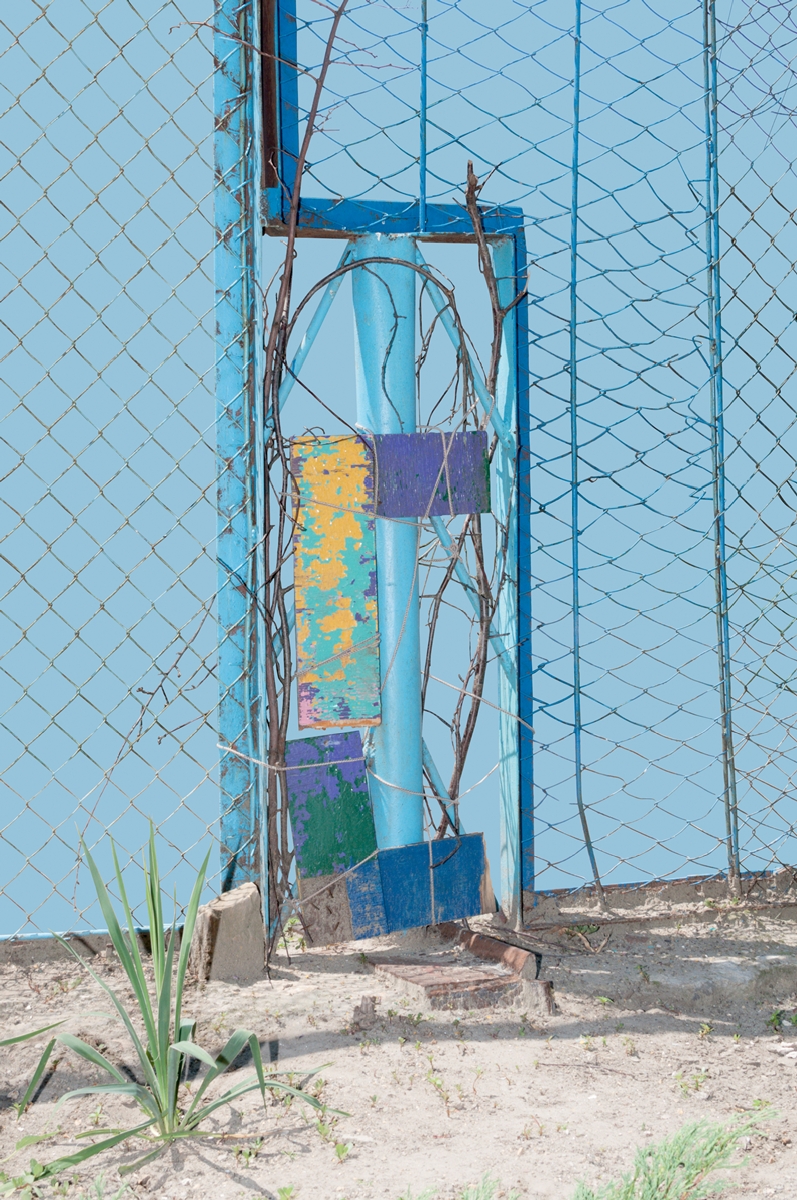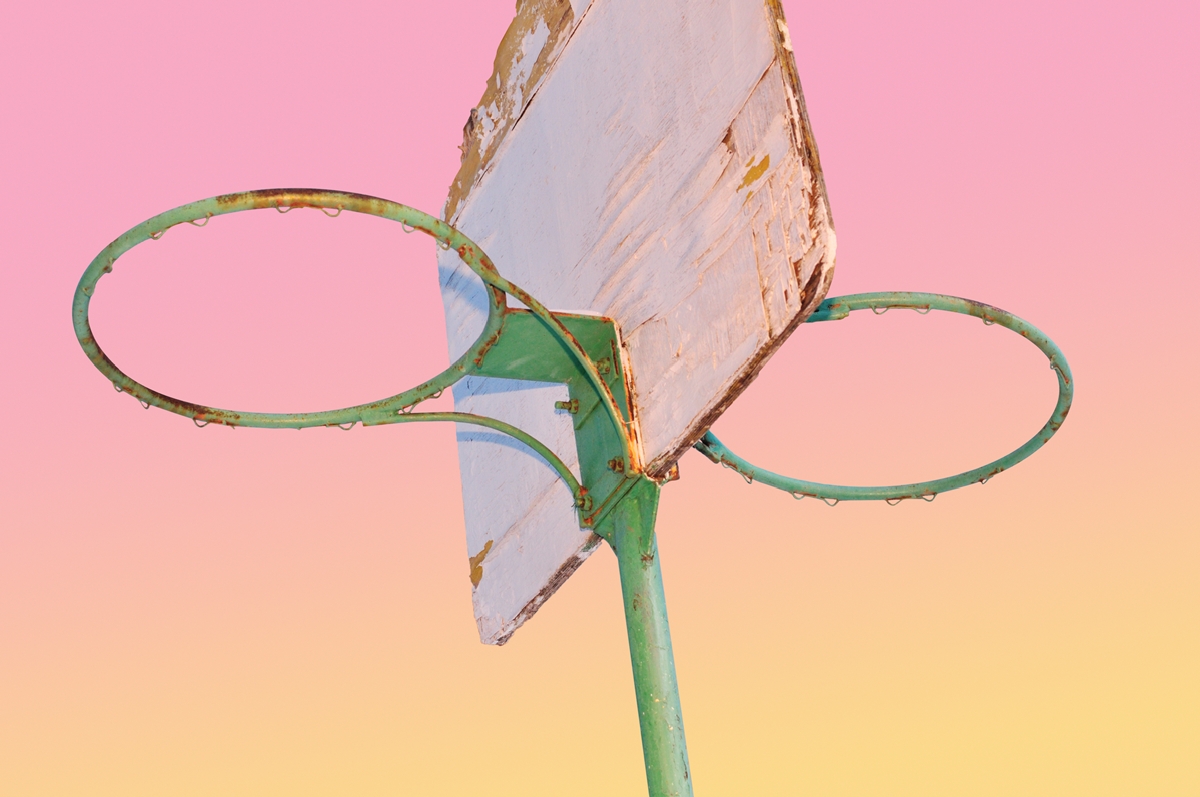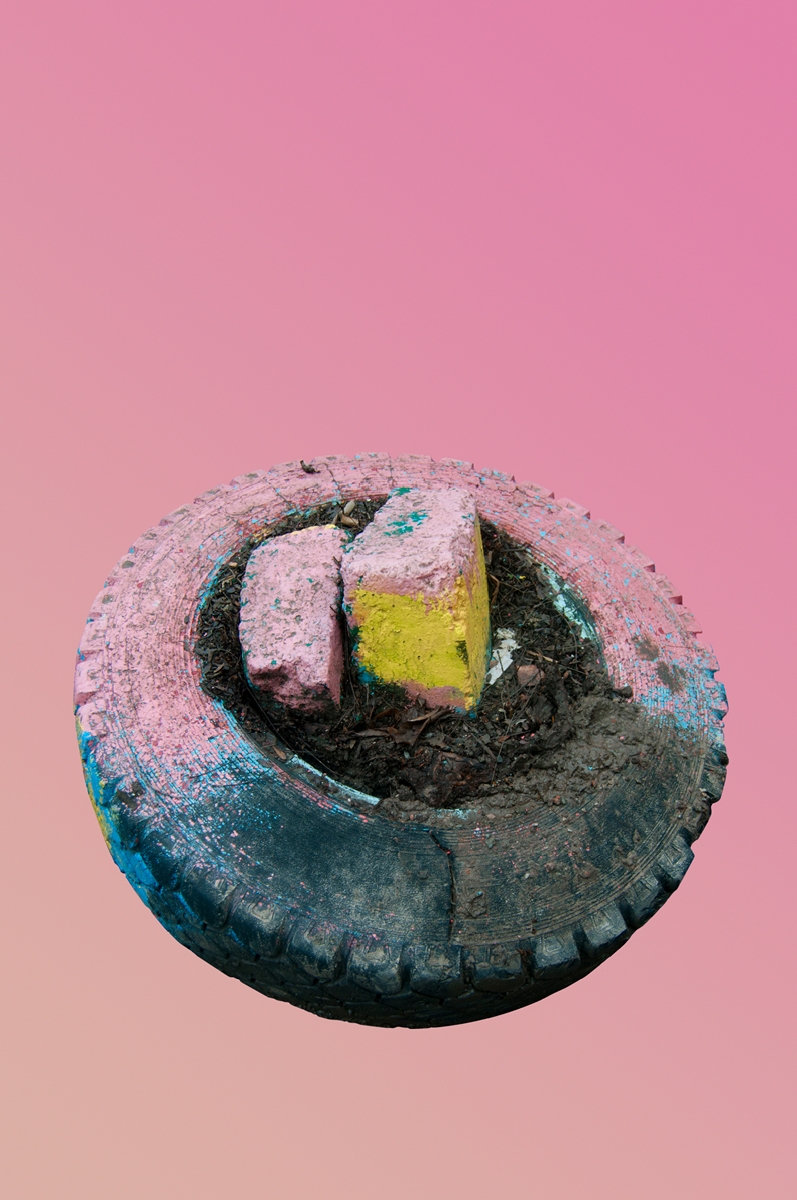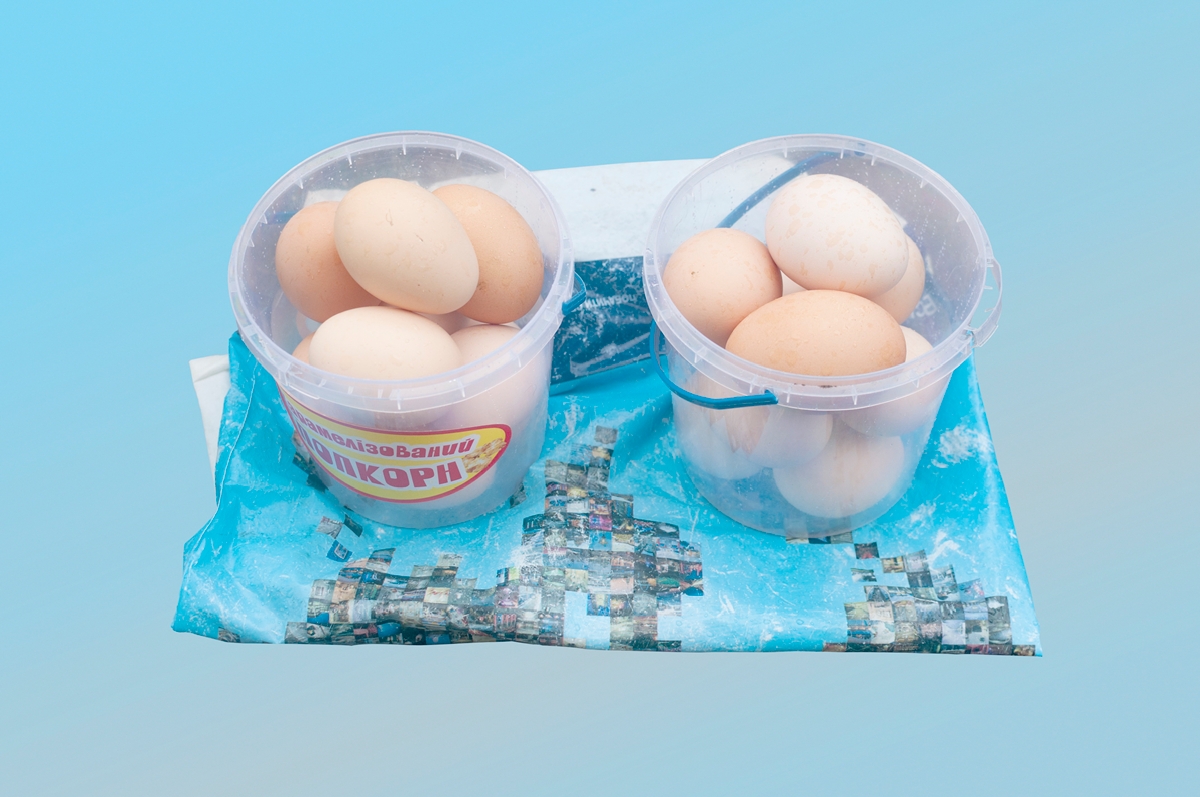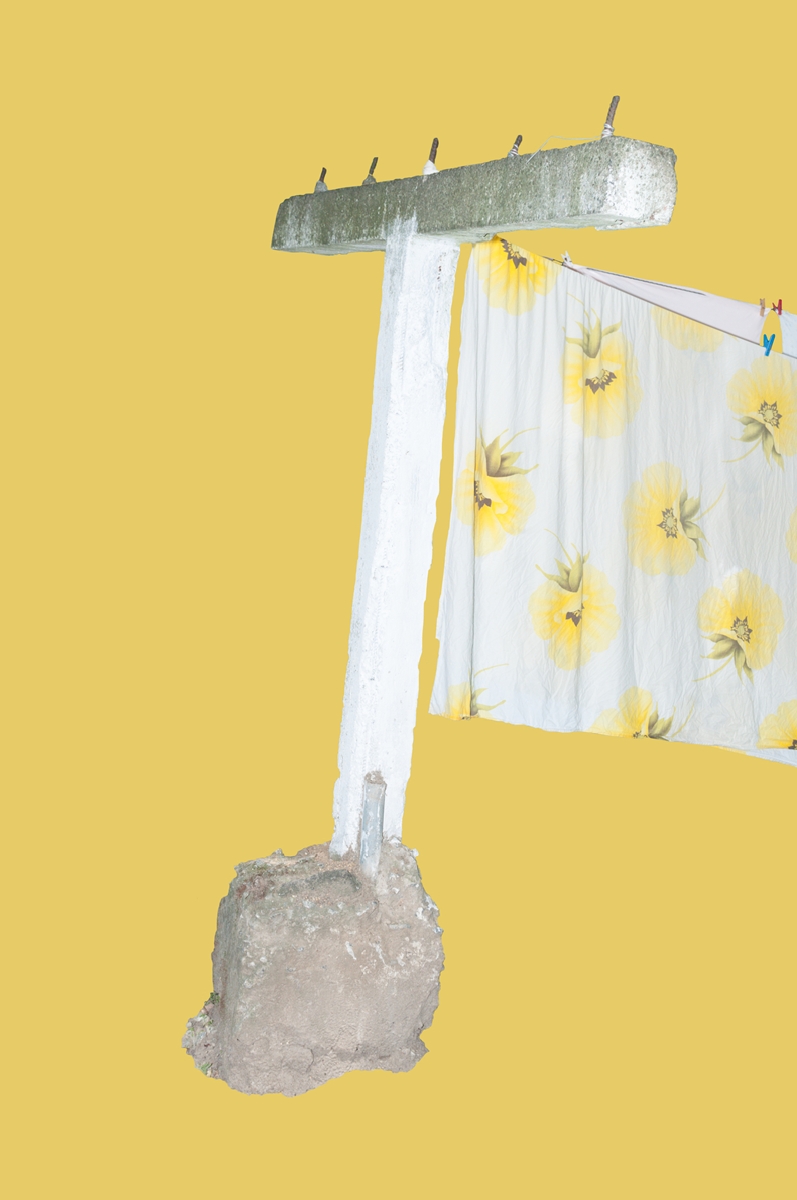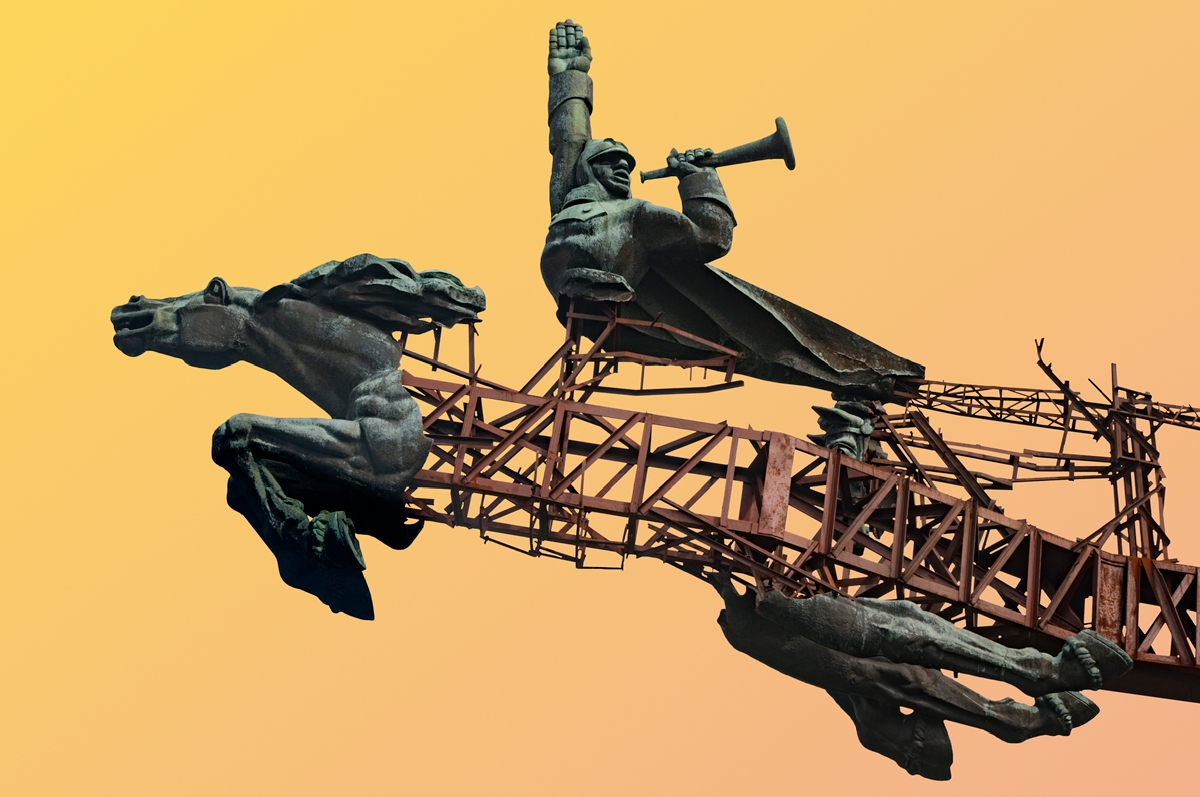Ukrainian photographer Viacheslav Poliakov, talks to us ahead of the opening of Circulations Festival 2018, where his series 'Lviv – God’s Will' is on show.
PW: Could you tell us a bit about your background and how you came to photography?
VP: I’ve been addicted to making images since childhood. I drew a lot in school and later completed my Master’s degree in Fine Art. Most importantly, I joined “Totem” art community, which became the starting point for my current practice. Since graduating from University, I work as a graphic and motion designer to support myself and my artistic ideas.
I came to photography about 6 years ago, during a rehabilitation period after surgery. I had to walk a lot, but Kherson, the city I grew up in, was never seen as an interesting place by its inhabitants. It was a very new idea for me at that time; to go to the most boring districts nobody wants to visit and find something cool there. Later I moved to Lviv and joined a small community of photographers and a much bigger artistic scene.
PW: Your series Lviv – God’s Will looks at everyday objects found on the streets of Ukraine. Can you talk about your interest in public spaces and how you came to working in this way?
I started taking pictures of my everyday experience. In Ukraine you will find Lviv – God’s Will heroes jumping at you at every corner, you just can’t avoid them. You can hate them, you can fight them with irony, but they’re here and they’re part of you and your culture.
The Internet gave us the ability to compare and if you compare the real world outside your window in Lviv, with images on your glossy smartphone screen, you feel really sad. The Internet gave us this schizophrenic perception of our own cities, families, even ourselves as being something exotic. I feel like a 19th century “white man” going on safari in my own bedroom.
I came to understand that comparison wasn’t a good idea and instead, asked myself how I could work with the material I had. How can I use photography to add some love to the world around me?


PW: Your work sees alternative backgrounds applied to your images. Can you talk us through your process of making your work?
I have a huge archive of objects and scenes included as part of this project. I work at filling up this collection by exploring small Ukrainian cities and faraway districts — places, that people have usually left and rarely visit. I literally have hundreds of painted tyres in one folder and hundreds of painted stones in another. But very rarely do they have the unique quality I’m looking for to make a strong image. “Cutting the background” happens inside my head, so there is nothing special about the real cutting process for me.
PW: By taking the context of the objects you photograph away, you alter our associations with them. What are you hoping to achieve through this process?
Photography always has been about framing. With a viewfinder or depth of field. And now we have all these computer tools. What I’m hoping to achieve is achieved (or not) by visual methods of photography and can’t be summarized here as a text. But yes, it changes the perception of an image completely.
If you see the full project (which is more than 100 photos), you’ll find pictures without original backgrounds, alongside pictures with original backgrounds that look like they were edited in Photoshop. It’s all part of the game.



PW: Your work has been exhibited internationally at photo festivals such as Krakow Photomonth Showoff 2017, Photofestival Lodz Grand Prix 2017, with another show coming up at Circulations Festival in Paris this month. What can your audiences expect to see from the exhibition?
Circulations Festival will show work by two other Ukrainian photographers this year — Elena Subach and Sergey Kamennoy. So, it will be possible to see my exhibition in a broader contemporary Ukrainian context. Additionally, the work on show from Elena Subach is directly related to Lviv — God’s Will, since we work together in an art group. I will also be present at the opening.
PW: In 2017, you were selected as a Foam Talent, a very prestigious award amongst emerging photographers. What advice would you give to young photographers hoping to have similar successes?
To stay honest with yourself, maybe. And make projects about something you really care about.




PW: Finally, what’s next for you?
I am working on my next project…



Viacheslav’s work will be on show at Circulations Festival, Paris from March 17 – May 6, 2018.
For more of Viacheslav’s work, click here.
For more interviews from our Ideas Series, click here.
